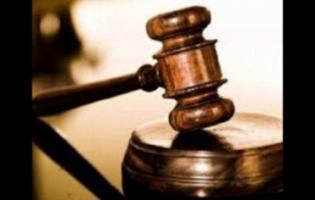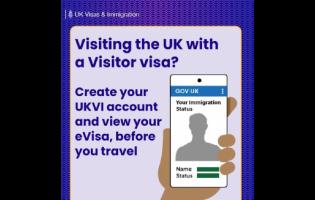Tommy Lee's lawyer pressures cop on witness stand
The forensic examiner in the lottery scamming trial of Tommy Lee Sparta and his co-accused O’Brian Smith, told the Circuit Court yesterday that devices examined did not require a password for access.
The witness, Detective Corporal Campbell, who gave evidence earlier in the trial on the findings on a hard drive and laptop that were seized, made the revelation during cross examination by defence attorney Ernest Smith.
Smith asked him how many devices he examined. Campbell said he did not remember.
Campbell was then asked, “Did any require a password for access?” to which Campbell replied “No sir.”
“Anyone could alter, delete or do as they please with the information on the hard drive?” asked Smith. “That is correct,” Campbell said.
Smith earlier questioned Campbell's training.
“In relation to the examination of computer and computer gadgets, did you receive any overseas training?”
Campbell said yes, but when asked where he received that training, he answered “Here in Jamaica.”
“I said overseas,” Smith asserted. “Yes sir but from overseas persons from the US,” Campbell said.
During further cross examination, Smith asked Campbell, “The computers that you analyse, am I correct in saying that you needed no password to access information on these computers?”
“That is correct,” he said.
Smith then asked, “Would you agree with me that in the absence of passwords for these computers, anyone who comes in possession, would be able to remove, delete, alter or introduce material to the computers?”
But Campbell said, “No sir.”
The cross examination ended after Campbell admitted that he received the evidence in question two years after they were seized.
Campbell however told the court that in carrying out his analysis, he did not speak to his predecessor.
The prosecution attorney Sophia Thomas, on re-examination, also had questions on the password issue.
Thomas asked Campbell, “So officer when you said none had a password, what does that indicate?”
“None had a password to access information on the hard drive," said Campbell.
Campbell explained that when conducting a digital forensic examination of a computer, the hard drive is removed from the laptop or desktop and connected to a write blocker.
"The info from the hard drive is then retrieved using a forensic software so no password is required to access the data from the hard drive,” said Campbell.
The trial will continue on Friday.






































